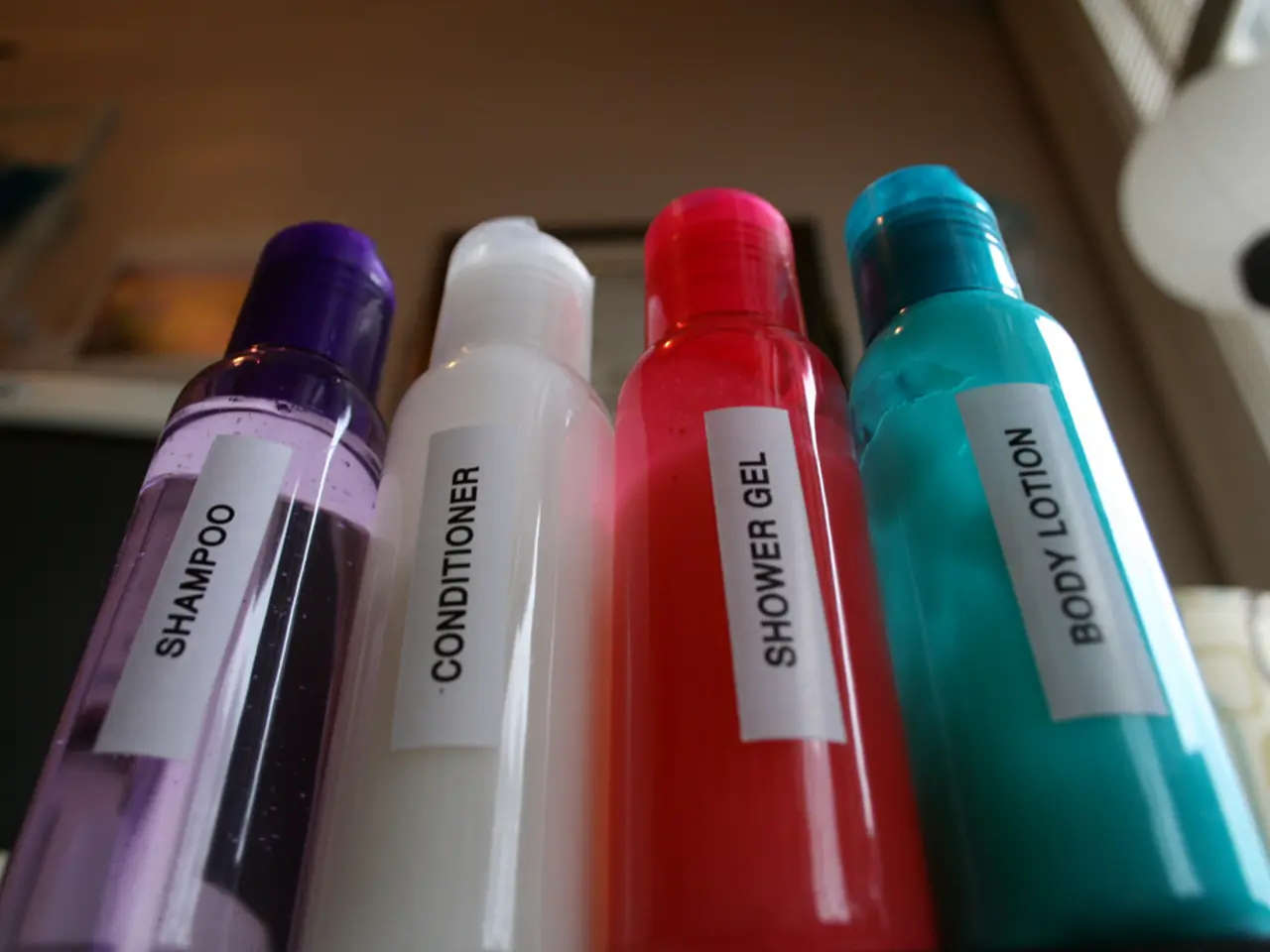Top Eczema Remedies for Cold Weather Seasons
In the chilly months, millions of people living with eczema may find their condition worsening due to cold, dry air and indoor heating. However, dermatology professor and eczema specialist, Lisa Beck, MD, offers some effective strategies to help manage the condition during winter.
To counteract dry air from indoor heating, Dr. Beck advises using a humidifier indoors. This helps maintain skin moisture levels and reduces eczema flare-ups [2][3][4]. It's important to be cautious, though, to avoid excessive humidity that may lead to mold formation.
Immediately after bathing, applying thick, fragrance-free moisturizers can help lock in moisture. Ingredients such as ceramides, glycerin, shea butter, and colloidal oatmeal help restore and protect the skin barrier [1][2][3][4].
Avoiding long, hot showers or baths is also crucial, as they strip natural oils and worsen dryness. Opt for lukewarm water and limit shower time to 10-15 minutes [2][3][4].
Using gentle, fragrance-free cleansers, avoiding harsh soaps or irritants, is another key strategy [3][4]. Wearing breathable fabrics like cotton, and avoiding wool which can irritate sensitive skin, is also recommended [4].
Protecting skin from cold winds and temperature shifts outdoors is important. Cover exposed areas with gloves and scarves, as cold exposure aggravates eczema [1].
Avoiding scratching and keeping fingernails short can prevent skin damage and infection [4]. If flare-ups occur despite preventive care, consider using low-strength corticosteroid creams or other prescribed topical treatments [4].
Maintaining a winter skincare routine with ingredients that calm inflammation and strengthen the skin barrier, such as niacinamide and squalane, can be beneficial [1]. Sunscreen remains important in winter as UV rays can still harm the skin [1].
Lastly, it's advisable to avoid continuous air blowing as it can dry out the skin. Removing liquid softeners from washers and dryers is also important for maintaining skin health [5]. Moisturizers with pumps are better for preventing bacterial contamination that sometimes forms in tubs.
By following these strategies, managing eczema during winter becomes more manageable, ensuring a more comfortable winter season for those living with the condition.
Engaging in regular skin-care routines that cater to eczema management, such as using a humidifier to combat dry air from indoor heating, applying thick, fragrance-free moisturizers post-bath, and adopting gentle, fragrance-free cleansers, can significantly help alleviate eczema symptoms during winter. Incorporating protective clothing and limiting exposure to cold winds also plays a crucial role in maintaining skin health and minimizing flare-ups.




